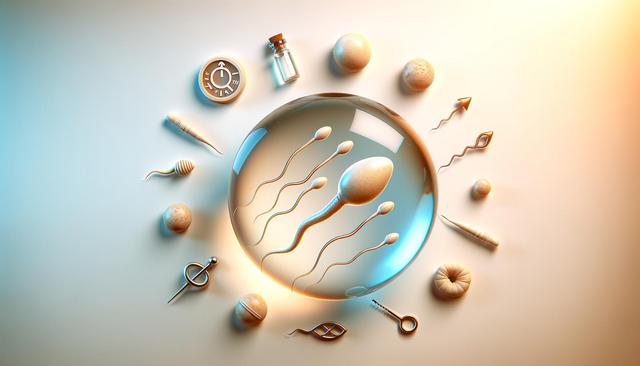What Is a Sperm Donor?
A sperm donor is an individual who provides their sperm voluntarily, typically to a sperm bank or fertility clinic, for the purpose of helping others conceive a child. This role plays an important part in assisted reproductive technology, especially for single women, same-sex couples, and couples struggling with male infertility. Donors may remain anonymous or choose to be known to the recipient, depending on the agreement and local regulations.
There are generally two types of sperm donation: directed donation and anonymous donation. Directed donation occurs when the donor is known to the recipient, such as a friend or relative. Anonymous donation, on the other hand, is handled through medical facilities that ensure confidentiality and medical screening. Both types involve a regulated process to ensure the health and safety of the donor, the recipient, and the potential child.
Requirements and Screening Process
Before someone becomes a sperm donor, they must meet specific eligibility criteria. These standards are in place to ensure the quality of the sperm and the health of all parties involved. Most clinics and banks follow strict guidelines set by health authorities. Some common requirements include:
- Age range, typically between 18 and 39 years old
- Good overall health, with no history of genetic or chronic diseases
- Non-smoker and drug-free lifestyle
- Willingness to undergo regular health screenings and provide personal and family medical history
Additionally, donors are tested for infectious diseases such as HIV, hepatitis, and sexually transmitted infections. Genetic screening may also be performed to rule out hereditary conditions. Only a small percentage of applicants are accepted, as the evaluation process is rigorous and selective.
The Donation Process
The actual process of donating sperm usually involves several steps. Once accepted into a program, donors are typically required to commit to multiple visits over a period of time. Here is a general overview of the process:
- Initial consultation and screening
- Medical and psychological evaluations
- Signing of legal documents and consent forms
- Collection of sperm samples through masturbation in a private clinic room
- Storage and quarantine of sperm samples for up to six months
- Retesting the donor before samples are released for use
Samples are frozen and stored until they are cleared for distribution. Clinics ensure that all samples meet quality standards before they are made available for insemination or other fertility treatments.
Legal and Ethical Considerations
Becoming a sperm donor also involves understanding the legal and ethical implications. Donors are typically required to sign agreements that outline their rights and responsibilities. In many jurisdictions, sperm donors do not have legal parental rights or obligations toward any children conceived via their donation. However, laws can vary locally and internationally, so it’s crucial for donors to be informed about the legal framework applicable in their region.
Ethical issues may also arise, especially regarding donor anonymity and the number of offspring allowed per donor. Some countries have implemented limits on how many families can use the same donor to reduce the risk of accidental consanguinity. Others allow donor-conceived individuals to access identifying information about the donor once they reach adulthood. Donors should consider these ethical dimensions carefully before proceeding.
Motivations and Impact
People choose to become sperm donors for a variety of reasons. While some are motivated by financial compensation, many donors express a strong desire to help others build families. The emotional reward of knowing they have contributed to someone’s dream of parenthood can be deeply fulfilling. Donors are often college students, young professionals, or individuals who feel a sense of social responsibility.
The impact of sperm donation is significant. It provides an opportunity for people who may otherwise be unable to have children to experience parenthood. In addition, sperm donation contributes to genetic diversity and offers hope to those facing medical or fertility challenges. Recipients often express immense gratitude for the donor’s role in their journey.
For anyone considering this path, it’s important to reflect on the long-term implications, both personal and societal. Being a donor is not just a medical procedure—it’s a commitment that may have emotional and psychological effects over time.












